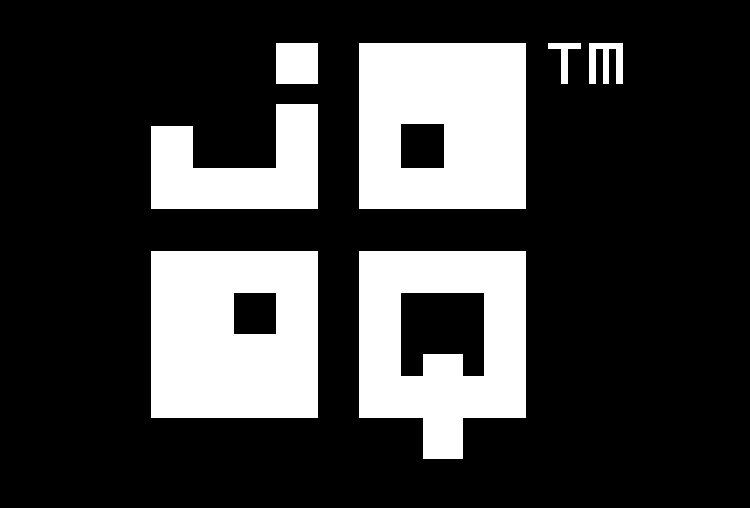Microsoft T-SQL supports a language feature called table-valued parameter (TVP), which is a parameter of a table type that can be passed to a stored procedure or function.
For example, you may write:
CREATE TYPE u_number_table AS TABLE (column_value INTEGER);
CREATE FUNCTION f_cross_multiply (
@numbers u_number_table READONLY
)
RETURNS @result TABLE (
i1 INTEGER,
i2 INTEGER,
product INTEGER
)
AS
BEGIN
INSERT INTO @result
SELECT
n1.column_value,
n2.column_value,
n1.column_value * n2.column_value
FROM @numbers n1
CROSS JOIN @numbers n2
RETURN
END
This function takes a table-valued parameter (TVP), and produces a result set containing the cross product of the parameter table with itself. The function happens to be a table-valued function, but this isn’t strictly necessary. Table-valued parameters can be passed to any function or procedure.
In native T-SQL, the above function can be used as follows:
DECLARE @t u_number_table;
INSERT INTO @t VALUES (1), (2), (3);
SELECT * FROM f_cross_multiply(@t);
Producing the following output:
|i1 |i2 |product| |---|---|-------| |1 |1 |1 | |2 |1 |2 | |3 |1 |3 | |1 |2 |2 | |2 |2 |4 | |3 |2 |6 | |1 |3 |3 | |2 |3 |6 | |3 |3 |9 |
Calling the function from Java
Using native JDBC, it is possible to follow the table-valued parameters tutorials and use a com.microsoft.sqlserver.jdbc.SQLServerDataTable, but if you’re using jOOQ and its code generator, both the user-defined type and the function will have generated Java code for you to call easily:
List<Integer> l = List.of(1, 2, 3);
Result<FCrossMultiplyRecord> result = ctx
.selectFrom(fCrossMultiply(new UNumberTableRecord(
l.stream().map(UNumberTableElementTypeRecord::new).toList()
)))
.fetch();
You can imagine more complex queries where the table-valued function is used e.g. in a CROSS APPLY operator.
There are multiple generated objects here:
FCrossMultiplyRecordis aTableRecordcontaining the rows produced by thef_cross_multiplyfunction.Routines.fCrossMultiplyis a static-imported method that models an embedded call to a table-valued function (standalone calls are also possible)UNumberTableRecordis a record representing the user-defined typeu_number_table, which can be passed as a table valued parameterUNumberTableElementTypeRecordis a synthetic record type for a single row of au_number_table(more complex types with multiple attributes are possible, too!)
Printing this result yields:
+----+----+-------+ | i1| i2|product| +----+----+-------+ | 1| 1| 1| | 2| 1| 2| | 3| 1| 3| | 1| 2| 2| | 2| 2| 4| | 3| 2| 6| | 1| 3| 3| | 2| 3| 6| | 3| 3| 9| +----+----+-------+
Alternatively, just use the generated code to access the result rows like this:
result.forEach(r -> {
System.out.println(
r.getI1() + " * " + r.getI2() + " = " + r.getProduct()
);
});
To get:
1 * 1 = 1 2 * 1 = 2 3 * 1 = 3 1 * 2 = 2 2 * 2 = 4 3 * 2 = 6 1 * 3 = 3 2 * 3 = 6 3 * 3 = 9
Just connect jOOQ’s code generator to your SQL Server database, and start calling your functions accepting table-valued parameters with ease!

